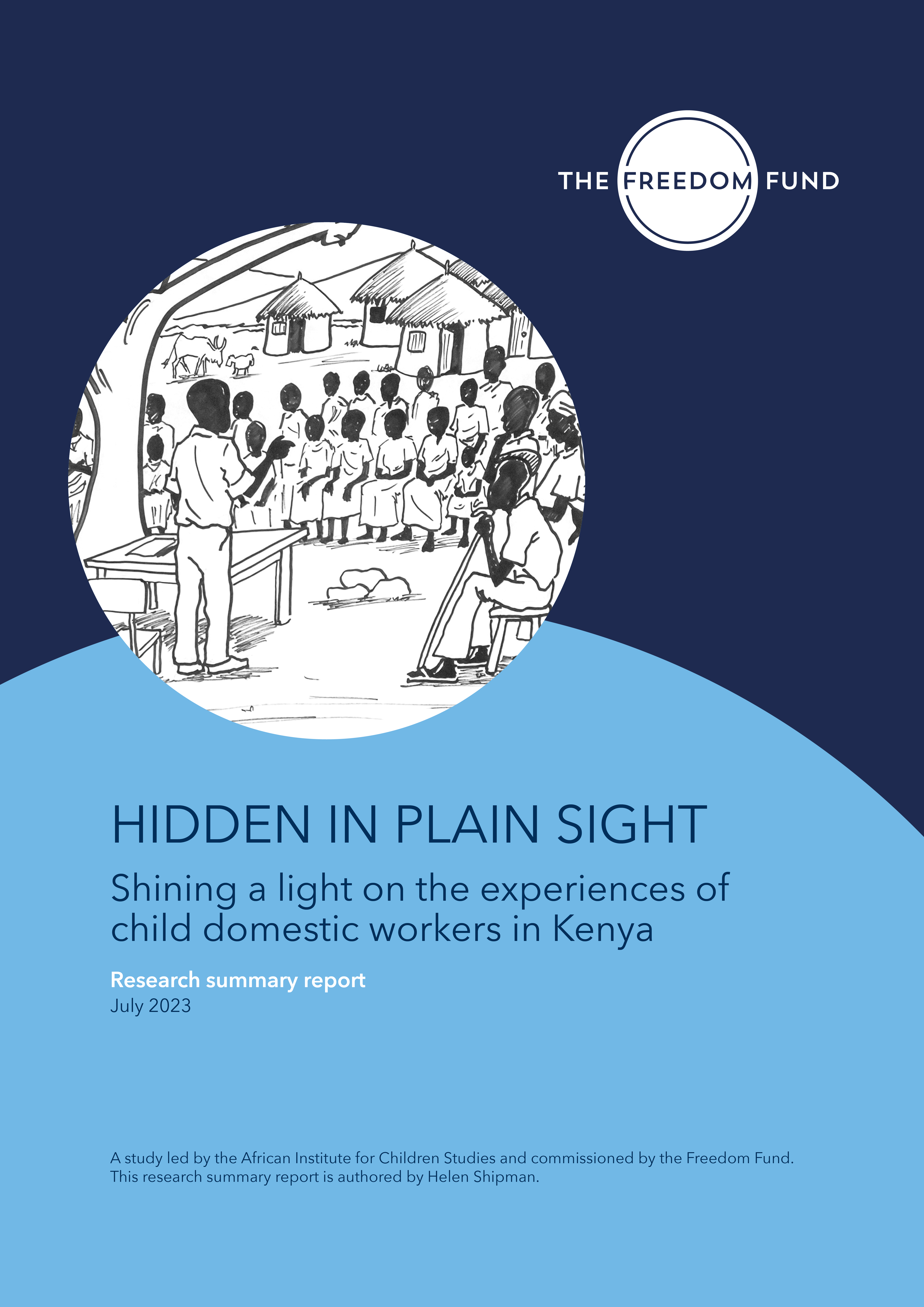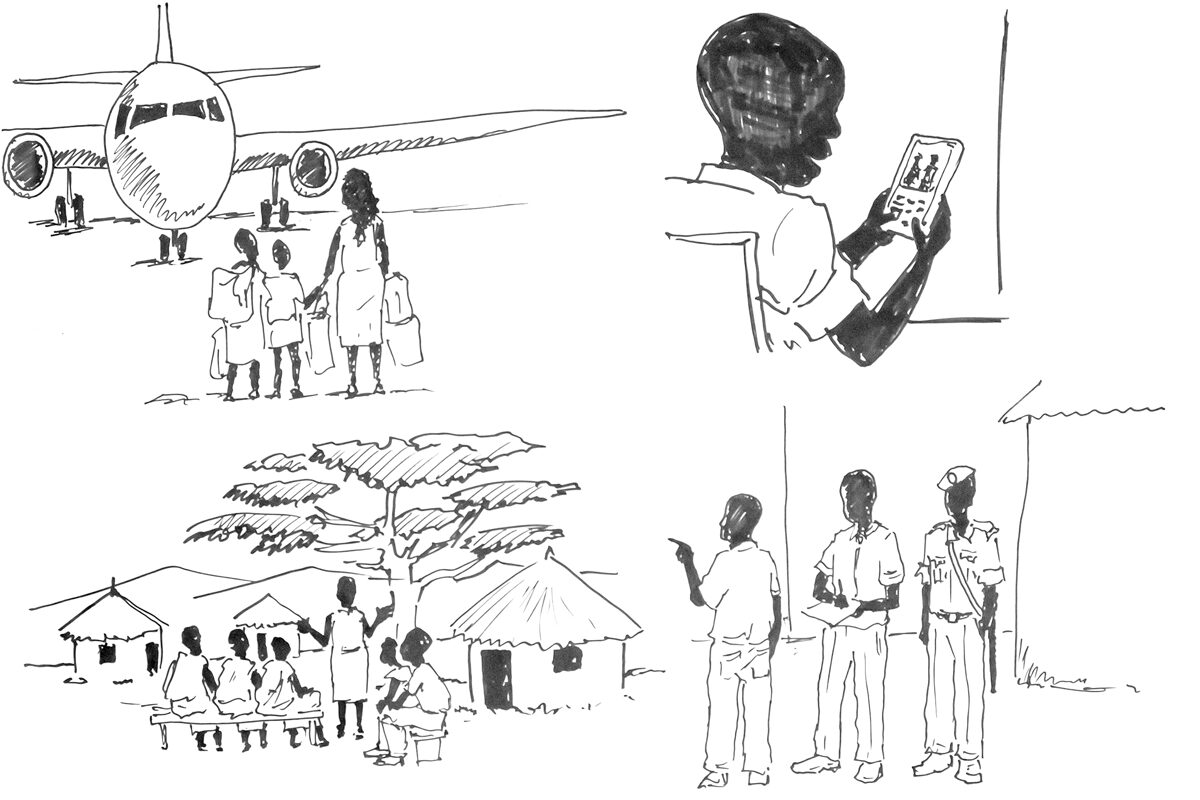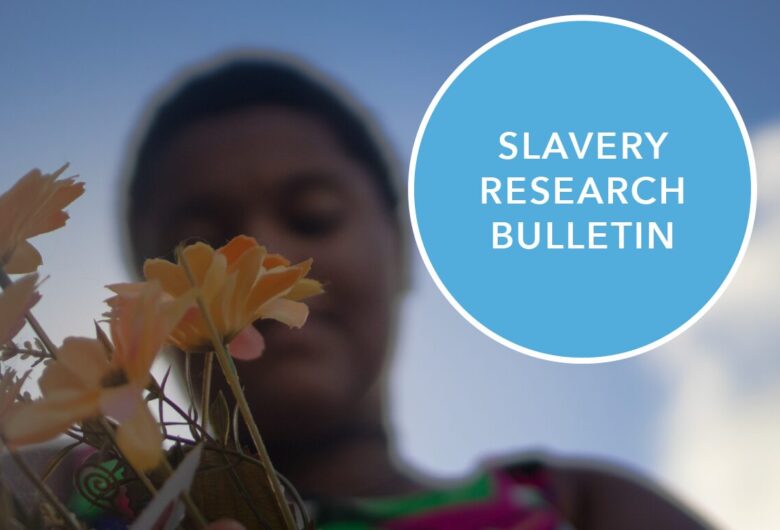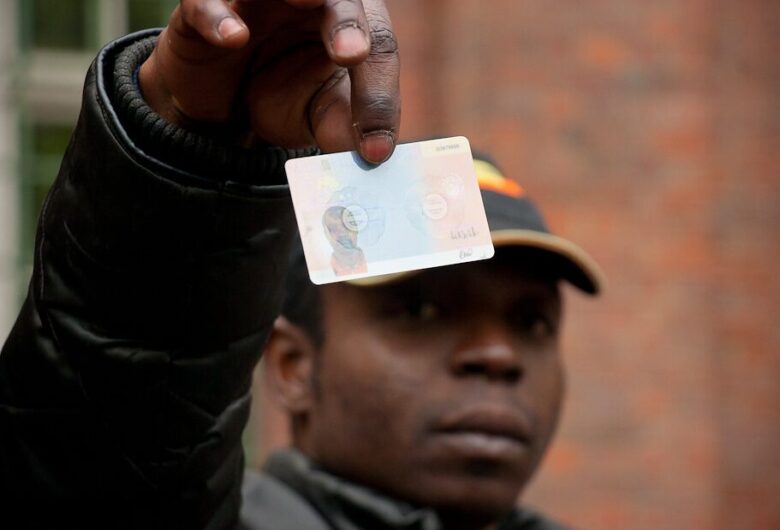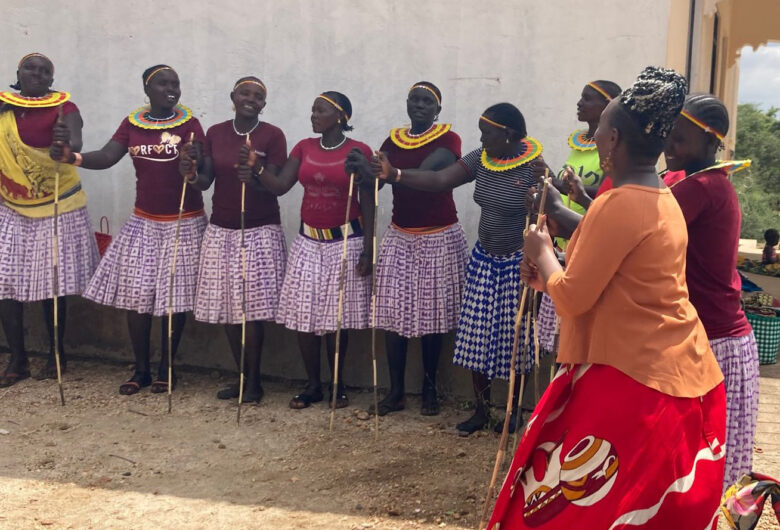Shining a light on the experiences of child domestic workers in Kenya
Child labour remains a pertinent concern in Kenya. Data by the Kenya National Bureau of Statistics show that 8.5% of children are engaged in child labour, with arid and semi-arid lands registering child labour rates of up to 30%.
Although data is scarce, a 2015 study by IDAY-Kenya and PALM identified 350,000 child domestic workers (CDWs) in Kenya, the second largest contributor to working children in the country after agriculture. The informality of children in domestic work means it is often overlooked, framed as a ‘safe’ way for children to earn money and gain skills since it occurs in a ‘family setting’. Yet, like other forms of child labour, it can be exploitative, harming children’s well-being and long-term development.
The Freedom Fund partnered with the African Institute of Children Studies to undertake a formative research study of child labour–child domestic work in Kenya. The study aims to inform the Freedom Fund’s current and future programming in Kenya, as well to increase visibility of the CDWs, in order to enrich understanding of their different realities and to suggest ways of further strengthening policy and programming that protects vulnerable CDWs.
The key findings suggest that child domestic work is commonplace across the surveyed counties, affecting both boys and girls. Children engage in domestic work for a multitude of reasons, primarily through push factors linked to poverty. The study found that the majority of the CDWs were being abused and exploited, where they reported work conditions akin to modern slavery. More than one-in-four CDWs who were surveyed reported working from 5am to 11pm or being on call 24 hours a day, leaving little or no time for education or play. The study further explores the lack of clarity around what constitutes harmful child domestic work within the Kenyan legal and policy frameworks, and CDWs not having similar rights as adult domestic workers.
The report also makes a series of recommendations for policy makers, state actors and civil society organisations, including to strengthen the legal and policy frameworks, enhance prevention and improve detection of and response to hazardous child domestic work. These responses must ensure provision of holistic, trauma-informed, and survivor-centred packages of care for CDWs in need of care and protection.
Click here to read the full report.
